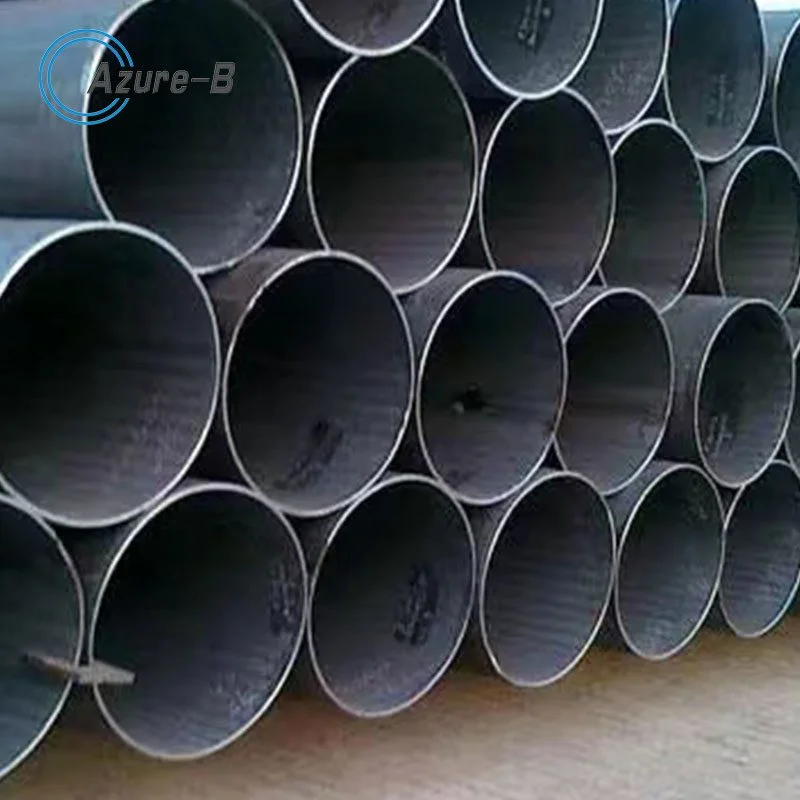Using Galvanized Pipe for Safe and Durable Gas Line Installations
Whether it’s powering stoves, heating systems or outdoor grills, galvanized steel pipe remains a popular choice for natural gas and propane fuel lines across residential, commercial and industrial applications. In this article we’ll examine why galvanized pipe is well suited for gas line projects and provide recommendations for proper installation and maintenance.
Overview of Galvanized Pipe
Galvanized pipe consists of regular carbon steel pipe that has been hot-dip coated with a layer of zinc. The zinc protects the steel from corrosion and oxidation when exposed to water and the elements. Key properties make it ideal for gas line applications:
-Strong and rigid – galvanized pipe maintains the high tensile strength of steel to withstand pressure surges.
-Corrosion resistant – the zinc coating enables decades of corrosion-free service life underground or outdoors.
-Threaded connections – galvanized pipe is readily compatible with threaded fittings like elbows, tees and couplings.
-cost effective – galvanized pipe provides corrosion protection at a fraction of the cost of stainless steel.
Safety Considerations for Gas Lines
While galvanized pipe is safe for gas line use, proper installation by a qualified professional is vital to ensure a leak-free system. Key installation factors include:

-Proper threading – pipe ends must be cleanly threaded according to standards to enable gas-tight seals.
-Quality fittings – all fittings must be approved for gas service with tapered threads.
-Gas rated thread sealant – sealant specifically rated for gas lines must be used to ensure durable leak-free connections.
-Pressure testing – the system must be pressure tested after installation to check for leaks.
-Ventilation – gas lines should be properly ventilated to prevent gas buildup.
-Sizing – gas pipes must be sized correctly based on the length of run and gas demand.
-Underground runs – underground galvanized pipe gas lines need proper burial depth and padding to prevent damage.
-Compliance – installation must follow all applicable gas piping codes and utility provider requirements.
Benefits of Galvanized Pipe for Gas Lines
-Corrosion resistance – galvanized coating prevents rust and deterioration, enabling decades of service.
-Strong and rigid – galvanized pipe has high tensile strength to withstand pressure surges without deformation.
-Threaded connections – galvanized pipe allows secure, gas-tight seals using approved fittings.
-Long service life – hot-dip galvanizing protects steel gas pipe from corrosion for over 50 years.
-Cost effective – galvanized gas pipe offers corrosion protection for much less than stainless steel.
-Approved material – galvanized steel meets all standards for gas line applications.
Proper Use Guidelines
-Check applicable codes – installation must comply with local gas piping codes.
-Hire a professional – gas line installation is complex and best done by qualified tradespeople.
-Use pipe dope – apply approved gas rated thread sealant to make leak-free seals.
-Pressure test – verify pipe integrity by pressure testing at 1.5 times max operating pressure.
-Vent outdoors – run vent pipes to the outdoors to prevent dangerous gas accumulation.
-Avoid bends – minimize bends for better gas flow. Use 45° and 90° elbow fittings when necessary.
For durable and cost-effective gas line installations, galvanized steel pipe remains a top choice with its combination of high strength, corrosion resistance and leak-free threaded connections. Ensure safety by having professional installation and following all applicable codes. Your galvanized gas line will then provide many years of reliable service.

